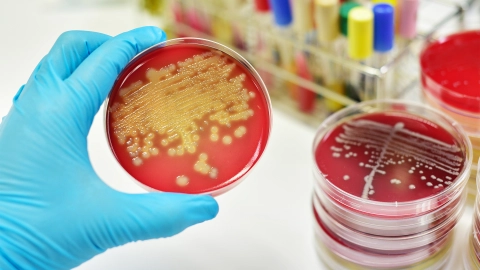ICD-Code N16.0: Renal tubulo-interstitial disorders in infectious and parasitic diseases classified elsewhere
You have a kidney disorder. As a result, your kidneys do not work properly.
There are normally 2 kidneys in the body. They filter blood and create urine. They thus help to detoxify the body. Furthermore, the kidneys regulate the blood pressure and salt content in the blood, among other things.
Your renal tissue is damaged. This is because you have been infected with specific pathogens.
Kidney disease can cause various symptoms. If the kidneys stop producing enough urine, you excrete little urine. Too much fluid then remains in the body. This fluid can then collect in the legs, for example. If the kidneys no longer work properly, substances can also collect in the body. These substances are normally excreted in the urine. The body can be damaged by these substances. It is also possible that you will have pain in your loin area.
Additional indicator
On medical documents, the ICD code is often appended by letters that indicate the diagnostic certainty or the affected side of the body.
- G: Confirmed diagnosis
- V: Tentative diagnosis
- Z: Condition after
- A: Excluded diagnosis
- L: Left
- R: Right
- B: Both sides
Further information
Source
Provided by the non-profit organization “Was hab’ ich?” gemeinnützige GmbH on behalf of the Federal Ministry of Health (BMG).





